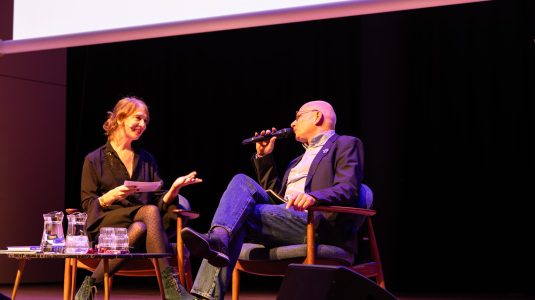European Investigative Journalism Conference 2008
Workshop: Wobbing in Europe
Speaker: Brigitte Alfter
Date: November 21, 2008
Reporter: Jaap Nienhuis
The Freedom of Information Act (FOIA) legislation in the European Union varies from country to country.
Brigitte Alfter, editor-in-chief of Wobbing.eu compares the situation in Germany to that of Sweden and gives some advise on how to get more information from the bureaucratic machinery in Brussels.
Brigitte Alfter is a real ‘European’: born in Germany, based in Copenhagen and very well introduced into EU institutions in Brussels.
As a journalist, she was ‘raised’ with the Swedish principle of Freedom of Public Information (FOIA). In Sweden this principle is already de rigueur for about 250 years.
Arriving in Brussels, Alfter soon had to conclude that EU-institutions in Brussels are much less open than the governments in the Scandinavian countries. Civil servants in Brussels sometimes not even knew what the FOIA was!
Although Brigitte Alfter always remained professionally correct, in the beginning many officials (civil servants) considered her as a kind of a nuisance.
Later on this attitude gradually changed to something in between fear and respect.
Sometimes, reluctant EU-officials could be bypassed: if they rejected access to information, wobbing from other countries about EU-subjects turned out to be effective at times.
Alfter says the Swedish Representation in Brussels provide assistance to journalists from Sweden and elsewhere.
Concerning FOIA in Europe, Alfter says three categories of countries can be distinguished:
• Countries with a tradition of FOIA comparable to that of the Scandinavian countries;
• Western European Countries with recent transparency legislation like the UK and Germany;
• Former Eastern European countries that recently often have exemplary legislation that is often not complied with very well.
The introduction of transparency legislation in Sweden dates back to a constitutional status in 1766, the US in 1966, Denmark 1985, EU 2001, Britain 2005 and Germany 2006. As a consequence, case-law in several countries is of varying quality.
In Denmark, all official documents are publicly accessible through the internet. It contains about three millions documents.
The challenge is to find interesting or even sensational news hidden behind purposely chosen dull titles.
What kind of disclosures?
Among the stories disclosed are stories about corruption and remarkable (or fraudulent) use of subventions by politicians.
In the Netherlands, one story concerned farm subsidies flowed to a Dutch Agriculture Minister and the British royal family.
In Romania, a journalist revealed rich people took advantage of a program actually meant to give some real estate (farmland or a home) to poor people.
Other stories were about officials who turned out to be big spenders of public money. Lack of transparency in the field of public procurement has justified wobbing as well.
In former Eastern European countries, judges sometimes turn out not to be very brave. They help the political establishment at the cost of freedom of public information. In Romania, the number of requests for getting information based on the FOIA is very high – but so is the number of rejections to provide full transparency.
But maybe surprising that even Germany introduced its FOIA just recently: if you are wobbing, as a journalist you‘re not making yourself popular to the public authorities.
In the UK, the FOIA has been in force since January 2005. Main problems are:
– Delay
– Cost/time (approximately PST 600 handling costs)
– Obstructiveness
– Subjectiveness (is the public interest strong enough?)
Martin Rosenbaum, a BBC journalist who specialises in FOIA, trains and advises other BBC journalists on how to use the legislation. Rosenbaum used the FOIA among others to get material which demonstrated that speeding policemen were not prosecuted.
Martin.rosenbaum@bbc.co.uk has initiated a website www.bbc.co.uk/blogs/opensecrets.
Comparison of the FOIA in two EU-countries
Sweden
FOI since 1766
Constitutional status
Informal approach
Very open mentality
Germany
FOI since 2006
Little legal practice yet
Formal approach
Strong protection of privacy/business
The WOB is tool for public scrutiny: the more it is used, the stronger it gets! Remember that. Sometime is takes lots of time and energy, but it often is very rewarding.








